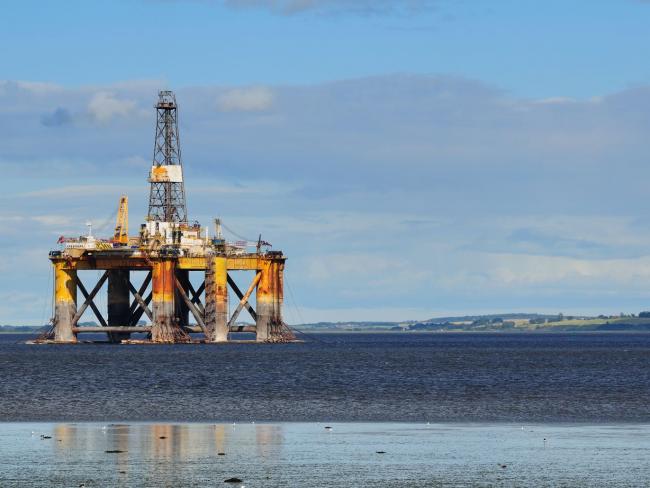The new government’s energy policy came under early scrutiny over North Sea oil and gas exploitation. But it is still sticking to its guns with decisions which are likely to ruin the industry and risk Britain’s energy security.
Ithaca Energy announced on 24 August that work continued to develop its new Rosebank and Cambo fields, but that tax increases would affect future production. The “temporary” energy profits levy introduced in 2022 is being extended to 2030 and the rate increased.
No new licenses
The official government line is that there will be no new licenses to explore new fields. That has not stopped groups like Greenpeace from continuing legal action aiming to halt fields approved and in development.
On the other hand Unite, one of the unions representing North Sea workers, launched a campaign in May calling for a rethink on energy policy – No Ban Without a Plan. There’s no sign that’s had any effect on the new government's thinking.
Impact
Businesses in the energy supply chain have warned about the impact of Labour’s tax plans for the sector. They pointed out the risks to the economy from an increasing amount of energy imports.
Ed Miliband, the new secretary of state for energy security and net zero, seemed to have jumped the gun on stopping oil. On 11 July, soon after the election, the Daily Telegraph claimed that he had ordered the regulator, The North Sea Transition Authority, to stop issuing exploration licenses.
Not reassuring
This claim was denied within hours. But the explanation was not reassuring about the future of North Sea oil and gas. It promised that existing licences would not be revoked and would be managed for their lifespan, but no new licences would be issued.
The statement talked of a “fair and balanced transition in the North Sea”. That’s straight out of the Labour election manifesto which proclaimed that Britain will become a “clean energy superpower” with investment in wind and solar power, with commitment to nuclear power, both large scale like Hinckley Point C and small modular reactors.
Long term need
Britain’s consumption of oil and gas is forecast to decline, but will be needed for a long time to come – to 2050 and beyond. And over that period UK production will be less than demand – which is why new exploration licenses were granted in the first place.
The Labour manifesto did acknowledge the need for fossil fuels but that does not sit well with a dogmatic ban on new exploration – or it’s less than subtle shift from “net zero” to “complete decarbonisation”.

